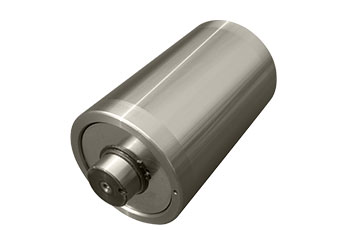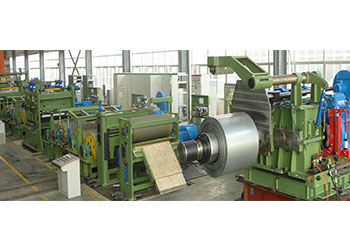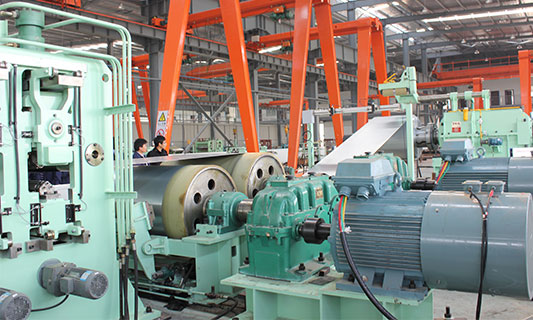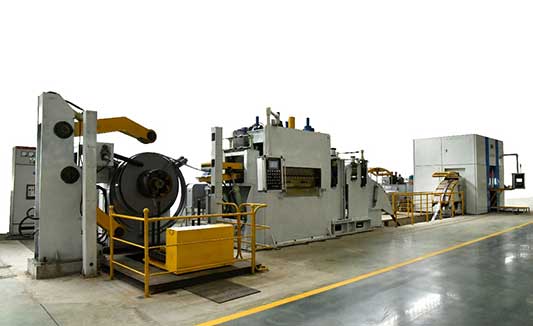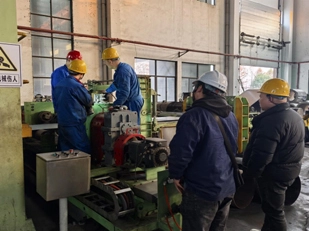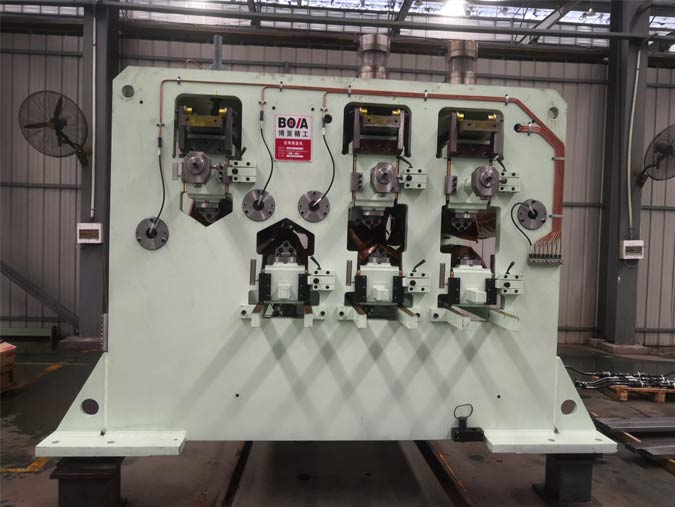How Does Precision Levelers Work?
Precision levelers are an essential tool for achieving accurate and consistent flatness in a wide range of materials, including steel strips, aluminum strips, stainless steel strips, and more. These machines are used to remove any curvature or unevenness in the material, ensuring a clean and reliable final product. In this article, we will explore the working principle and advantages of precision levelers.
Working Principle of Precision Levelers
Precision levelers utilize a series of rollers and/or plates to flatten the material. The rollers are adjusted to apply pressure to the material, correcting any curvature or unevenness. The rollers can be set to different angles to match the specific material and its desired flatness. Some precision levelers also utilize vacuum technology to secure the material in place while it is being flattened.
Advantages of Precision Levelers
Precision levelers offer several advantages to production processes. First, they can significantly reduce the amount of material waste, as curvature and unevenness are corrected before the material is cut or processed. Second, precision levelers improve the quality of the final product, as a flat surface is essential for many applications. Finally, precision levelers increase production efficiency by reducing the time and effort required to manually flatten materials.
Applications of Precision Levelers
Precision levelers are used in various industries, including steel and aluminum production, automotive manufacturing, construction, and more. They are essential for flattening materials that will be used in these industries, ensuring accuracy and consistency in the final product. Precision levelers are also used in coil handling and metal forming processes, where a flat material is essential for proper production.
Types of Precision Levelers
There are several types of precision levelers available based on the specific application and material type. Some common types include roller levelers, plate levelers, and vacuum levelers. Roller levelers use rollers to apply pressure to the material, while plate levelers utilize plates or platens to flatten the material. Vacuum levelers utilize vacuum technology to secure the material in place while it is being flattened.
Benefits of Using Precision Levelers
Precision levelers offer several benefits to production processes. First, they can significantly reduce the amount of material waste, as curvature and unevenness are corrected before the material is cut or processed. Second, precision levelers improve the quality of the final product, as a flat surface is essential for many applications. Finally, precision levelers increase production efficiency by reducing the time and effort required to manually flatten materials.
Precision levelers are an essential tool for achieving accurate and consistent flatness in a wide range of materials. These machines utilize rollers and/or plates to correct curvature and unevenness in the material, offering several advantages to production processes. They can reduce material waste, improve product quality, and increase production efficiency. With the different types of precision levelers available, they are suitable for various applications in steel and aluminum production, automotive manufacturing, construction, and more. When flattening materials becomes a crucial step in your production process, consider investing in a precision leveler to achieve the desired results efficiently and accurately.
Popular BOYA Flat Metal Processing Machinery
Other Articles about BOYA Flat Metal Processing Machinery

 English
English 